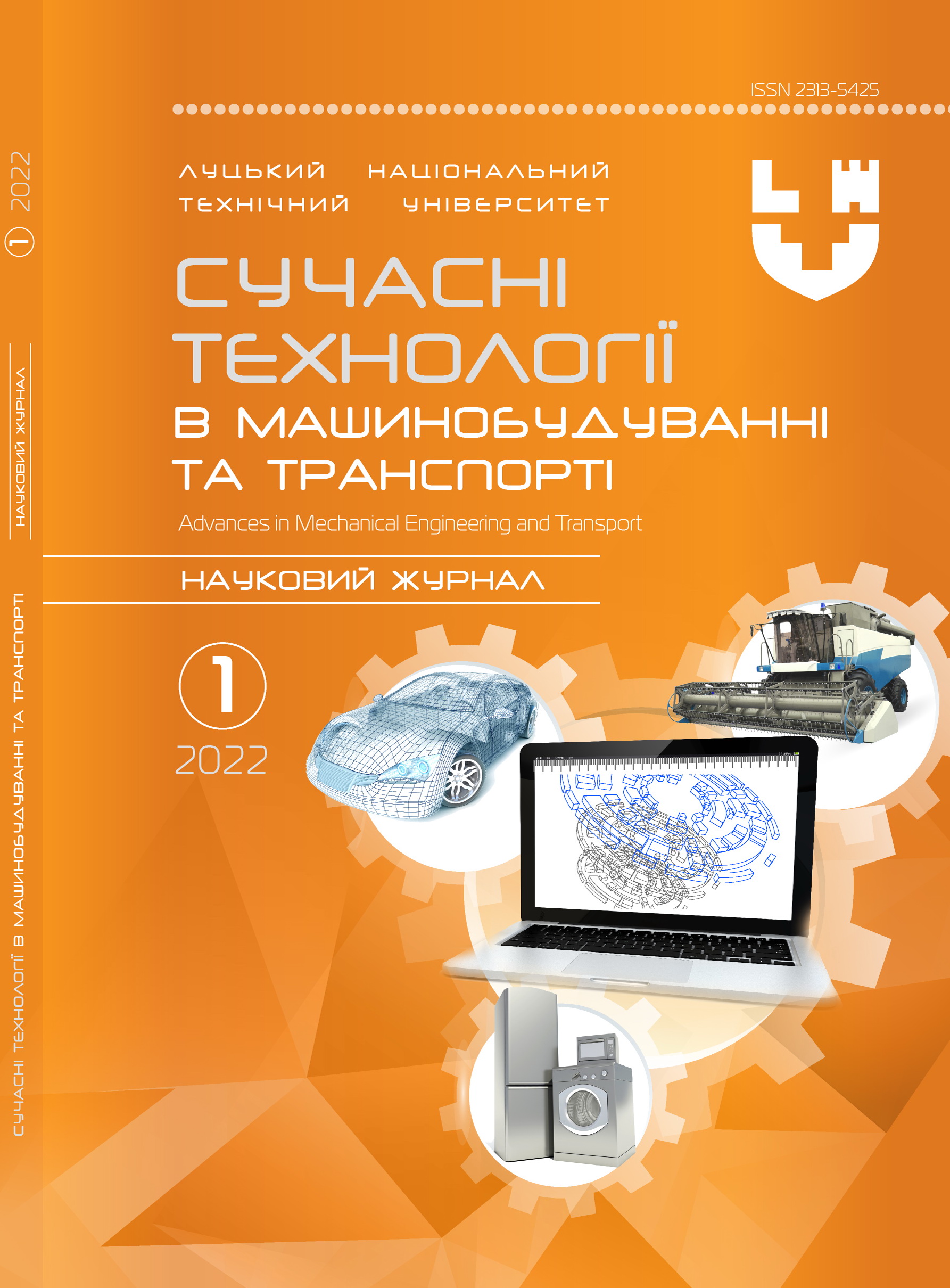ESTIMATION OF INFLUENCE OF PSYCHOPHYSIOLOGICAL CONDITION OF THE DRIVER ON SAFETY OF PASSENGER AUTOMOBILE TRANSPORTATIONS
Abstract
The safety of road passenger transport depends on the main key elements that make up the system: driver-car-road-environment. Failure of any element of this system increases the probability of its exit from the normal-functional state, and most importantly, will increase the risk of an accident (hereinafter - road accident). Therefore, the search for ways to reduce the likelihood of accidents during passenger road transport based on the analysis of the consequences of changes in the psychophysiological states of the driver is an urgent task.
The purpose of the study is to develop recommendations for reducing the probability of accidents during passenger road transportation based on the analysis of the consequences of changes in the psychophysiological states of a driver. The study used the method of expert assessments and the method of "Failure Mode and Effects Analysis" (hereinafter the method "FMEA"), which includes organizational, logical and mathematical and statistical procedures aimed at obtaining from experts the assessment of hazards affecting the change the psychophysiological state of a driver while driving a passenger bus, their analysis and generalization of the results in order to prepare rational decisions.
It is determined that changes in the psychophysiological state of a driver lead to errors in driving a passenger bus and are the main catalyst, which together with various hazards when driving a vehicle and joint interaction of the subject with the object - leads to traffic violations and further - to road accidents.
It is shown that in case of elimination of one of the listed components, the road accident will not occur. It is established that the loss of concentration, changes in emotional state and intensity of the load are the main factors that affect the psychophysiological state of a passenger bus driver. The dependence of the accident on the presence of the catalyst, the hazard, and the interaction of the subject with it is determined. It is proposed to use the driver's reaction as a catalyst, which depends on the change of their psychophysiological state while driving a passenger bus.
Keywords: driver, psychophysiological condition, passenger bus, hazard, interaction, catalyst.




